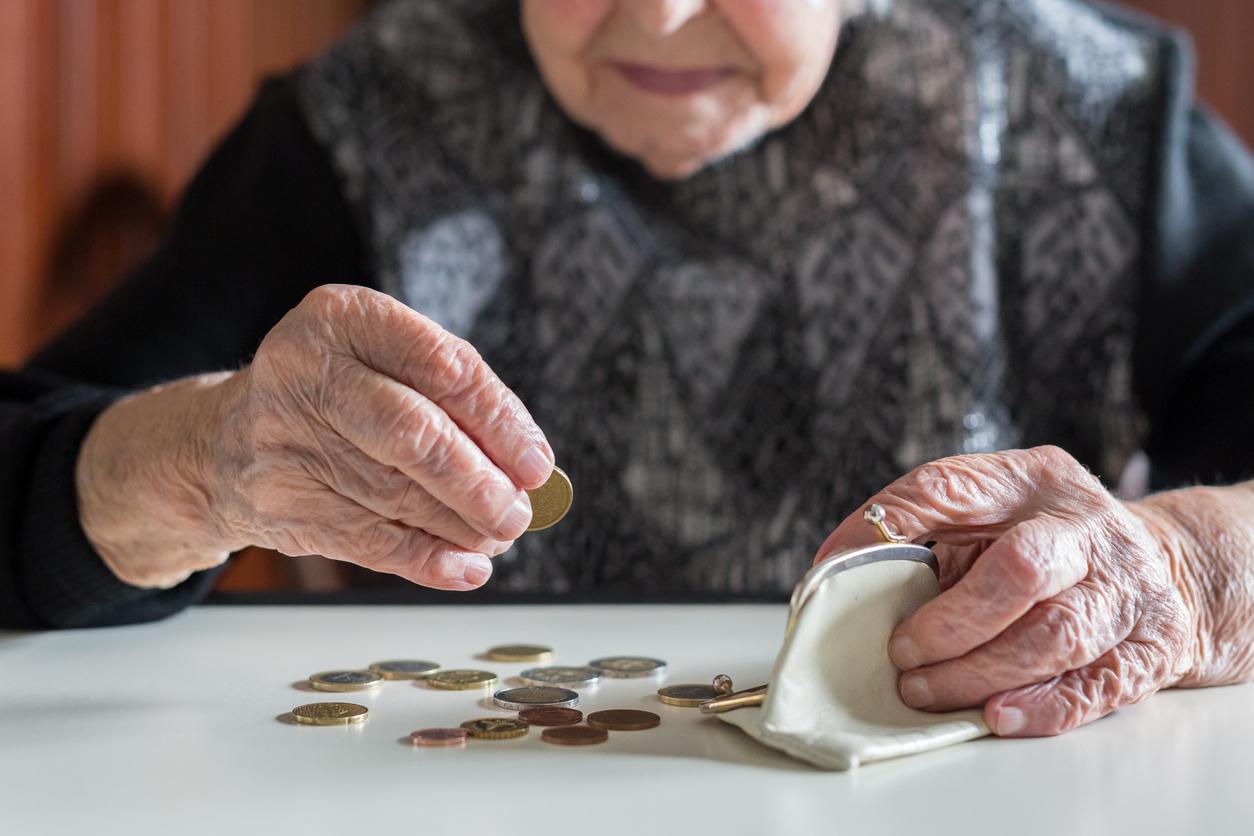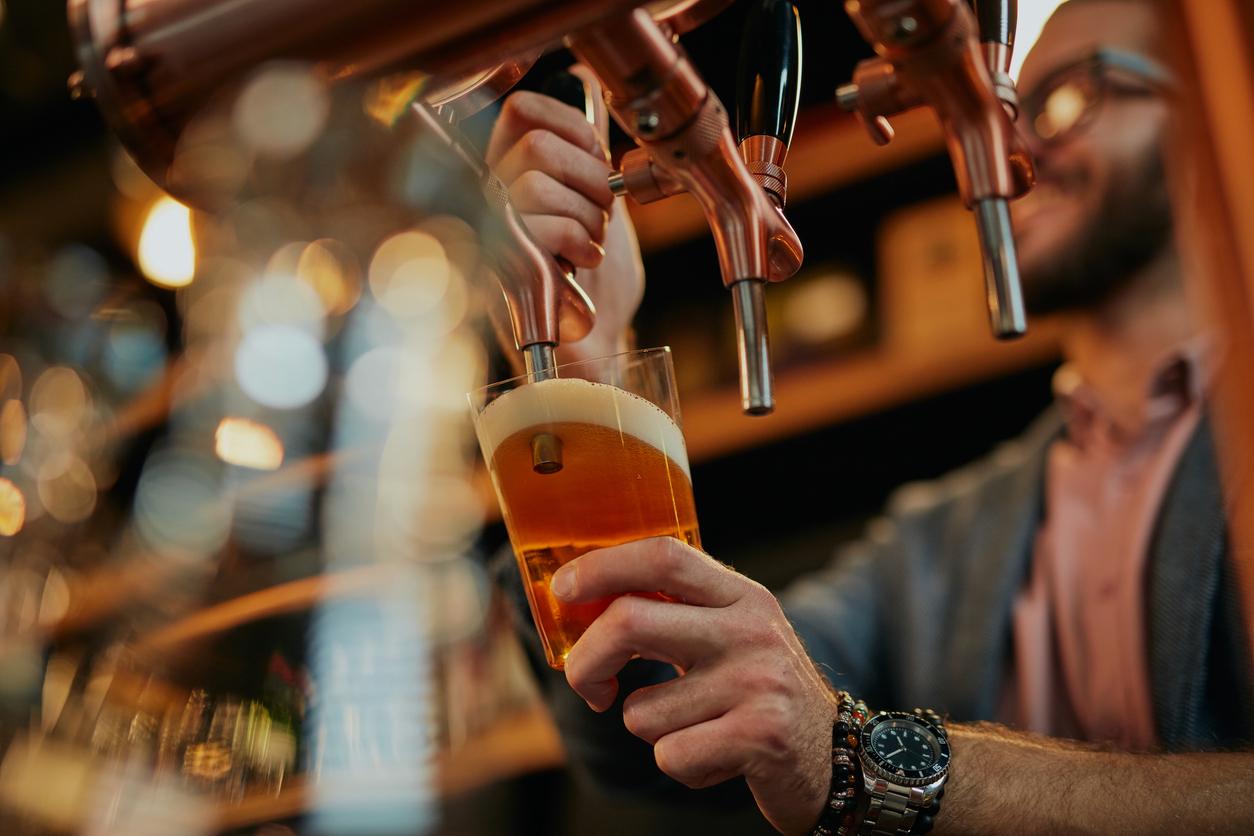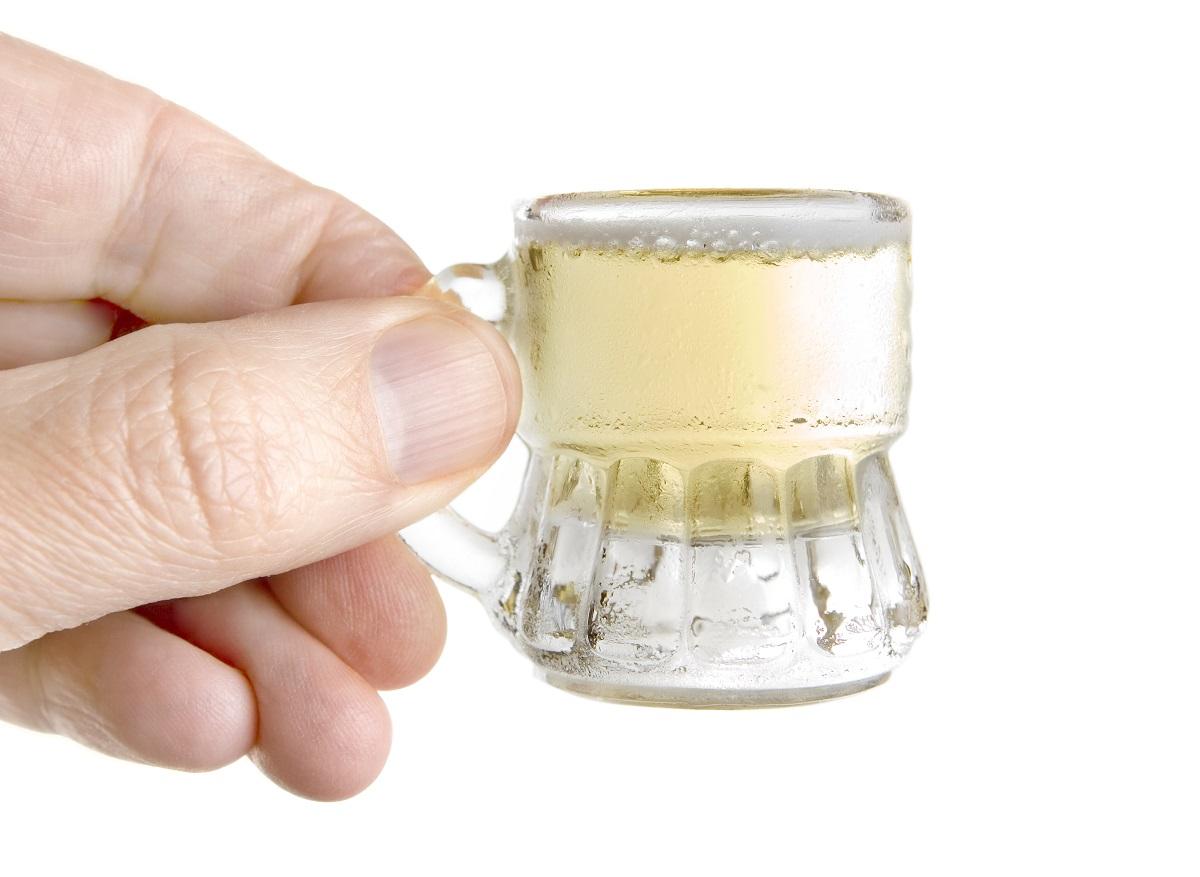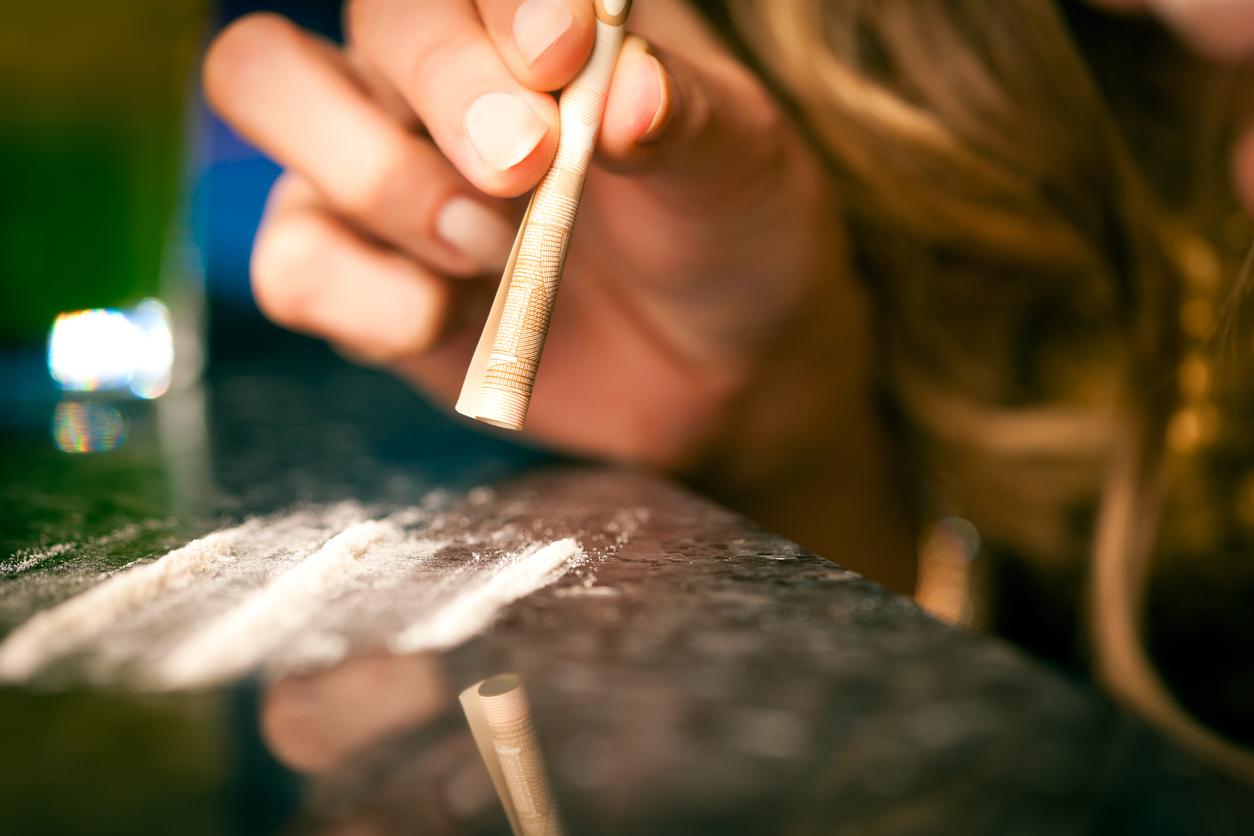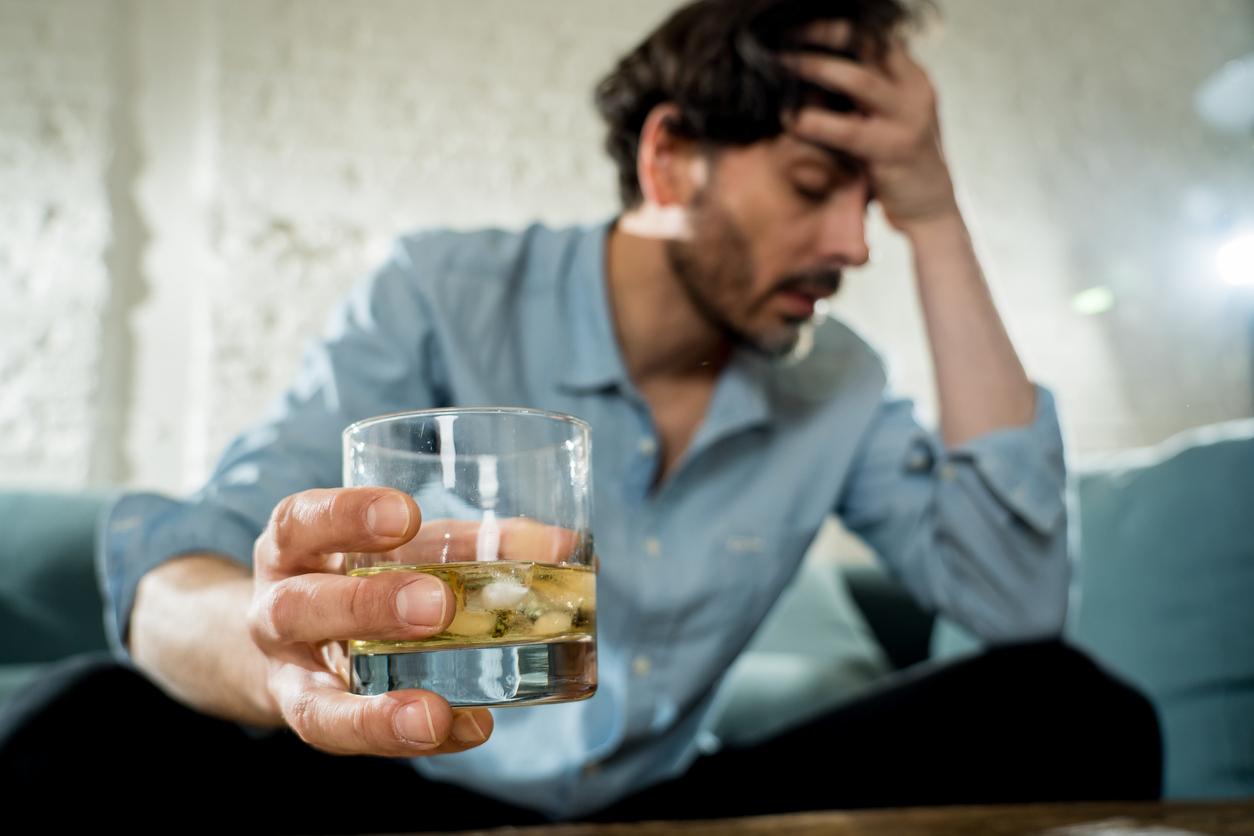What role does social media play in our well-being? This is the question asked by the University of Pennsylvania researchers. They studied students aged 18 to 22, comparing times when they use the networks freely, and others when their consumption is limited. Result ? We feel better when we use them less.
Facebook rhymes with depression
In the United States, 68% of adults have a Facebook account, 75% of whom consult it at least once a day. Research has already shown that the use of Facebook and Instagram is directly linked to symptoms of depression. Intense use of Facebook even lowers self-esteem and increases the feeling of loneliness, recalls the American study in the preamble.
The researchers therefore studied the behavior of 143 students from the University of Pennsylvania. They separated these students into two groups for three weeks, one group used social networks freely, the other had to limit its consumption to 30 minutes a day: 10 minutes of Facebook, Instagram and Snapchat per day.
Less social media helps improve mental health
The goal ? Rate their mental health on 7 points: social support, loneliness, self-acceptance, self-esteem, anxiety, depression, and FOMO. FOMO means: fear of missing out, or the fear of missing something when you are not connected to see what is happening on social networks.
At the end of the three weeks, they were interested in their psychological state. The group that cut down on drinking said they felt less depressed and less lonely. Anxiety and FOMO decreased in both groups. Although this study is limited to the use of smartphones and three social networks, it clearly underlines the importance of limiting their use.
Read also:
Social media harms well-being
Addicted to social networks? It could be related to your personality














